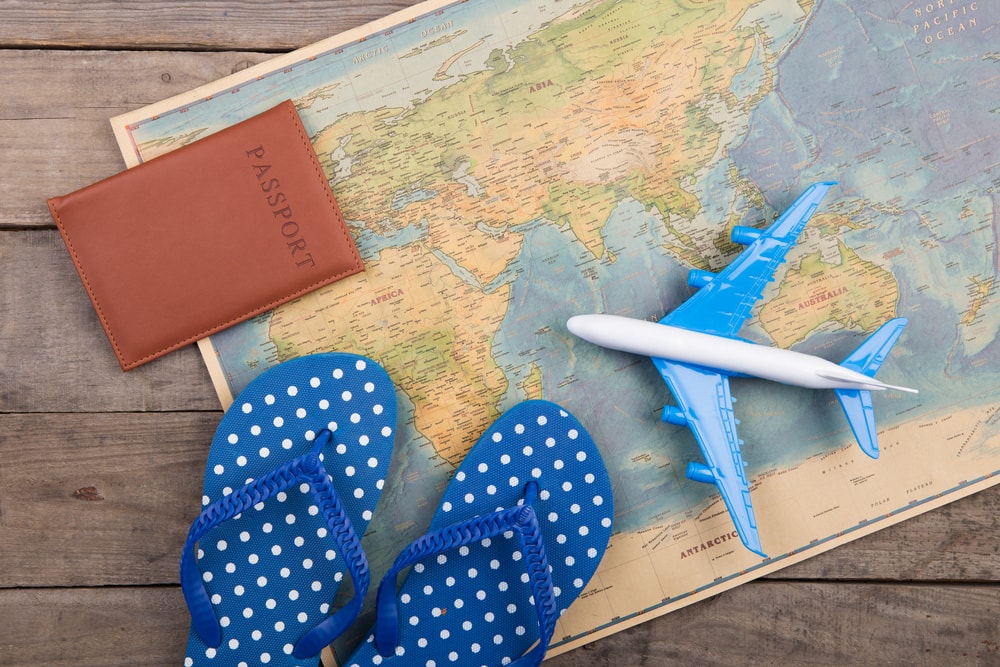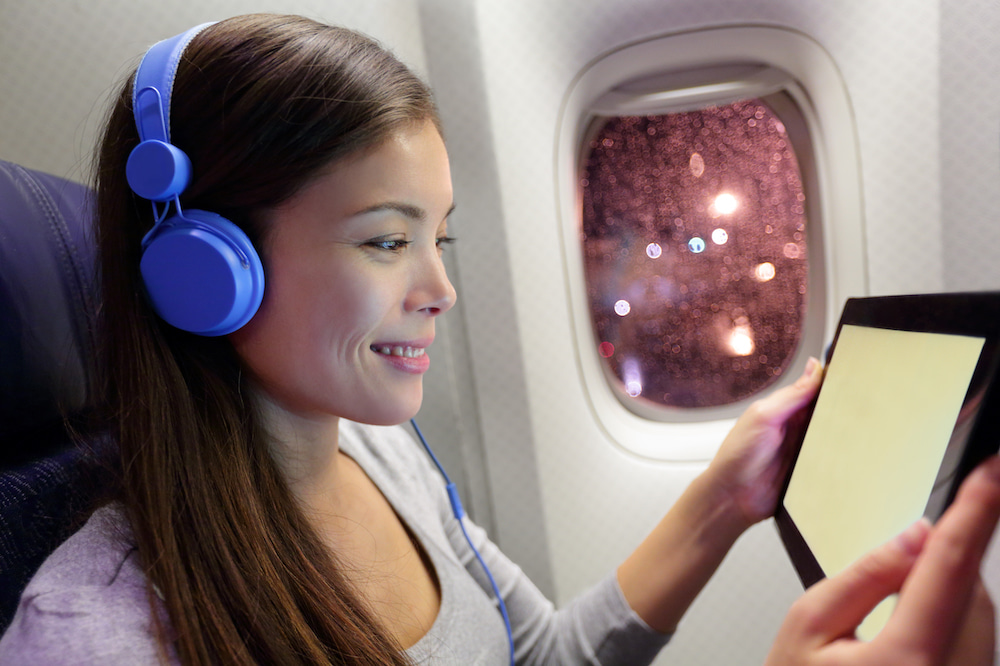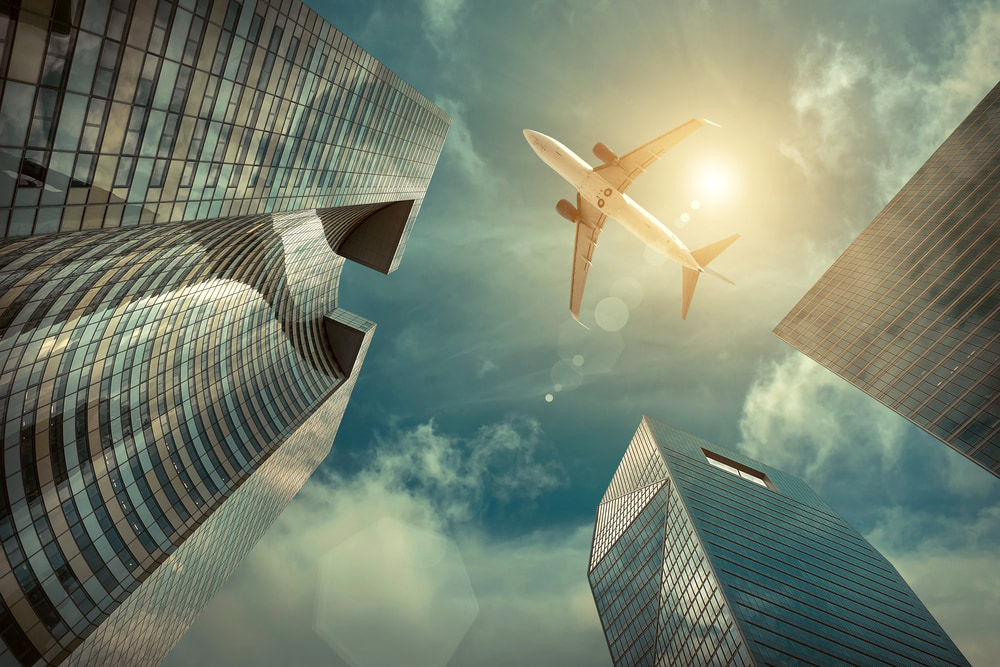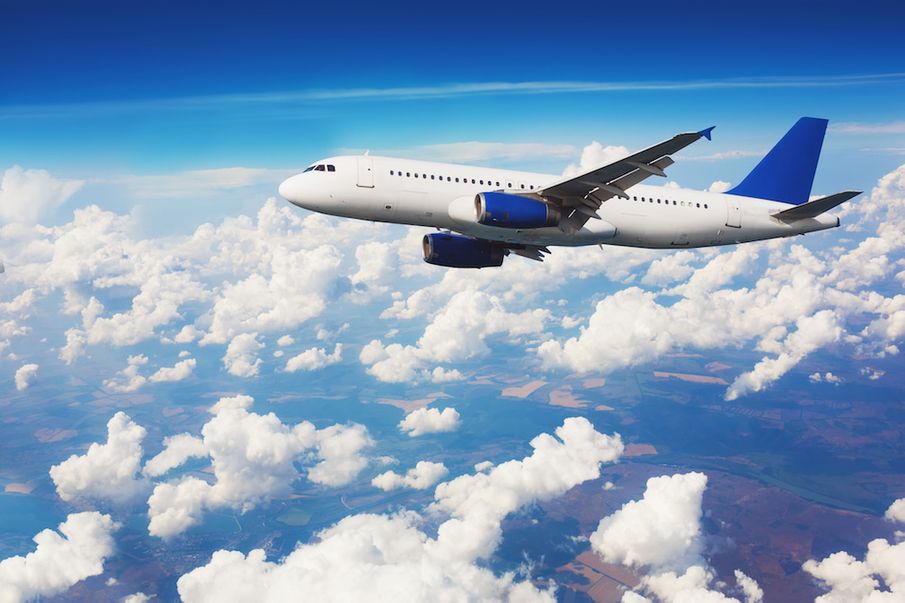Unpacking the causes of your flight anxiety

Aerophobia, or the fear of flying, is estimated to affect one in 10 people in the UK – around 6.5 million of us! When it takes hold, symptoms can include sweating, dizziness, nausea, panic, heart palpitations and hyperventilation, all of which can be truly frightening experiences.
With travel being an integral part of our lives, this fear can have a serious impact on a person’s choices, and their wellbeing. However, rather than letting the fear hold you back, there are few things you can try:
1. Do your research
Fear of the unknown often leads our minds to consider the worst possible scenarios. If it’s fear of crashing that has you on edge, do some research on safety procedures and stats before you travel. Understanding the flight experience more, and your air carrier’s safety records, can help to rationalise your fear and keep it in check.
2. Focus on your breathing
Deep, steady breaths give you something to focus on when your mind is going 100mph. Close your eyes, breathe in for four seconds, hold it for four, then breath out slowly. The out breath should be more than four seconds. As you repeat, your body will calm down as it receives more oxygen. You’re also giving your body an opportunity to reassure itself that there’s no threat here.

3. Headphones in
Distracting yourself with a good book, chatting to your travel companion or watching a film can make you briefly forget the anxiety. If the noises of the plane are provoking your anxiety, try a pair of noise-cancelling headphones – they’re also ideal for long-haul trips when you could do with a few cheeky winks. Sleeping for a few hours can make the journey calmer, and shorter.
4. Don’t avoid planes
As with most things in life, the more you put something off, the harder it becomes to achieve. You get addicted to the sense of relief when you get away with another cancelled trip, but this only perpetuates the fear. Facing that fear gives you the chance to experience a possibly pleasant flight and start to acclimatise to the experience, rather than building up an impending sense of doom for an occasion where you do eventually have to travel.

5. Try hypnotherapy
A lot of phobias will have a subconscious cause. A hypnotherapist may help to get in tune with your subconscious mind and look to provide you with positive associations around flying. They can help with relaxation techniques and reassuring internal messages for the next time your mind sees a plane and goes into fight-or-flight mode.
*Try Hypnotherapy Directory to find a range of qualified professionals in your area.*hyp


Comments